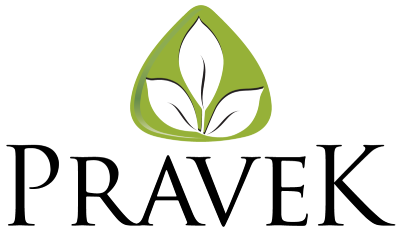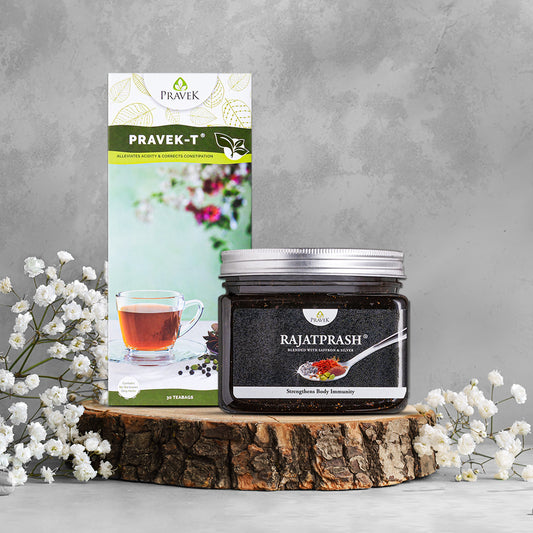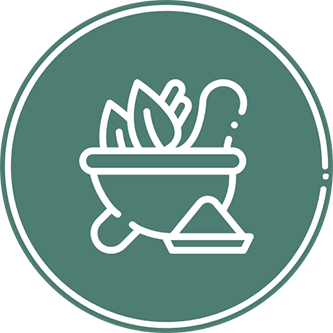The combination of high humidity and increased precipitation, during monsoon, creates an ideal environment for viruses to spread. As humidity levels rise, viruses and bacteria start to thrive in the air and on surfaces. The damp conditions also contribute to the proliferation of mold and mildew, which can trigger respiratory issues and make you more susceptible to infections.
Hormonal Balance
Moreover, the monsoon season often leads to people spending more time indoors, in close proximity to others. This increased indoor crowding can lead to transmission of viruses through coughing, sneezing, and even touching contaminated surfaces. In such environments, the viral particles can linger longer in the air and on surfaces, increasing the risk of infection.
To further complicate the issue, monsoon rains can lead to waterlogging and poor sanitation, creating additional health hazards. Stagnant water can become a breeding ground for mosquitoes, which are known vectors for viruses such as dengue and chikungunya. This combination of factors makes the monsoon season a particularly vulnerable time for respiratory and vector-borne illnesses.
The monsoon season can significantly exacerbate both respiratory and skin allergies. As mentioned above, the increased humidity and persistent dampness create an ideal environment for mold and mildew, which can trigger or worsen conditions like asthma, rhinitis, and eczema. Additionally, pollen levels may rise, further aggravating allergies. To manage these issues effectively, there are many holistic and natural remedies available in today’s time, like using an Ayurvedic cough syrup, which is a well-regarded remedy that not only soothes the throat but also reduces inflammation and strengthens the immune system. Many cough syrup, like Pravek Coughkalp, contain herbs like pippali, tulsi, and pudina which are known for their anti-inflammatory and immune-boosting properties. Using the support of such herbal remedies can definitely help alleviate allergy symptoms and maintain your overall health during the rainy season.
For effective relief from coughs and allergies, consider using a cough syrup that is non-drowsy and works effectively on all types of coughs. Many ayurvedic cough syrup products are specially formulated with natural ingredients to address the specific challenges of the monsoon season. Herbal syrups often include herbs like licorice (Jothimadh) and ginger, known for their soothing and immune-boosting properties. Choosing these remedies can help you manage seasonal health issues more naturally and effectively.
Adopting a holistic lifestyle is essential during the monsoon.
- Opt for light, warm foods that are easy to digest, and avoid cold or fermented items that can worsen allergies.
- Maintaining good personal hygiene and keeping your environment clean are key to preventing infections.
- Incorporating gentle exercises, yoga, and meditation can enhance overall well-being and help manage stress, which supports a healthier immune system.
The evolving monsoon patterns driven by climate change present new health challenges. By embracing natural remedies like herbal home remedies, an ayurvedic cough syrup, yoga and adopting a holistic approach to health, you can navigate these seasonal shifts more effectively. Prioritizing these practices will help you maintain your well-being and enjoy a more comfortable monsoon season despite the changing climate.
















